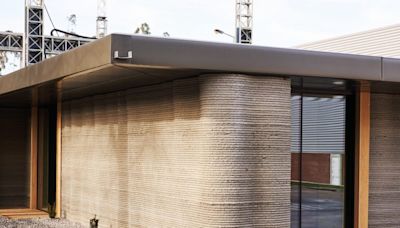Suchergebnisse
Suchergebnisse:
Although the equivalent expression in many languages would be in the plural, “news” is a singular noun, so you should say: correct The news is being broadcast by all major TV stations. wrong The news are being broadcast by all major TV stations.
„news“ (Neuigkeit/en) Was man im deutschen Sprachraum „Neuigkeiten“ (Plural) nennt, heißt auf Englisch „news“. Deswegen glauben viele deutsche, dass man „news are“ sagt, wobei aber in der Tat news is („news“ steht immer nur im Singular und hat keine Pluralform)
We use the uncountable noun news to mean ‘information or reports about recent events’. It takes a singular verb: The news is good about Mary. The doctors are very happy about her progress. Not: The news are good about Mary. Do you have any news of your sister? How is she these days? I’ve got some news for you – I’m getting married!
The Quick Answer. News is a singular word. There is no plural form. Of note, this page was written in October 2021, when Amazon's Alexa updated its news service and advised users to ask: "Alexa, what are the news?" Amazon should have advised its Alexa users to ask: "Alexa, what is the news?"
leofrog, "news" ist uncountable. Das heißt, dass das Wort immer Singular ist und keinen Plural bilden kann. Also wird es auch immer mit Singular-Verbformen verwendet. Dass "are" in deinen Ohren gut klingt, hat damit zu tun, dass das s für dich wie ein Plural-s klingt. Für einen englischen Muttersprachler ist "news" aber eindeutig Singular.
The word “news” is a noun. In English, it is considered singular and uncountable. So we use the singular forms of verbs, like is and was: the news is on channel 5, the news was surprising. Don’t use are or were. We say this news (not these news) and that news (not those news).
13. März 2020 · One is whether “variety” is singular, which would require the singular verb “is,” or whether it’s plural, requiring the verb “are.” The second issue is whether “variety” governs the verb at...

